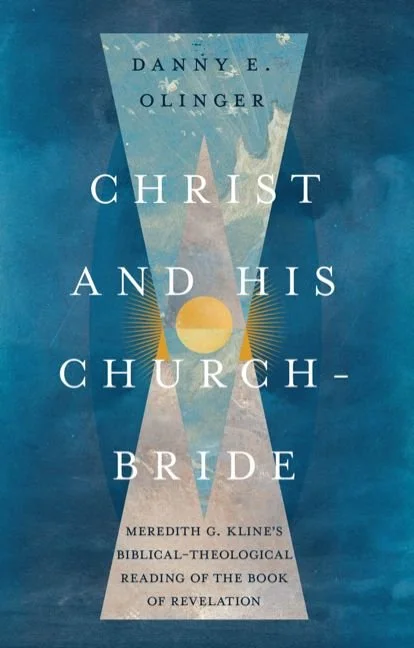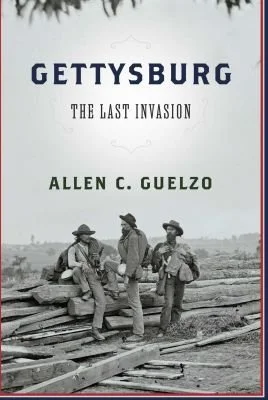In a recent post, I mentioned that there were three important new books soon to be published. I was not aware of this book at the time, but soon after learned of it through a good friend (Dr. Andrew Compton). I followed up by listening to a Reformed Forum podcast episode (October 31, 2025) which discussed this gem in great detail.
I cannot say enough good things about this volume. Meredith Kline had written much on the Book of Revelation, but it was widely scattered among a number of publications, many of which can be found here (including mp3s). However there was much work on Revelation by Kline which had not been published until now. It is great to find it all in one place in a book with a quality binding and nice print. Reformed Forum did a great job with the project.
Kline’s books and essays are often tough going, with the common quip (which is often said of Geerhardus Vos as well), that his writings need to be translated into English. But his sermons (published in part two of the volume) are simple biblical expositions of texts from Revelation, and provide a nice primer to Kline’s academic work. The sermons are Christ and gospel centered and demonstrate his ability to explain the apocalypse with such great clarity that you’ll find yourself want to read it again, this time through the new eyes Kline provides. It has been a long time since I read gospel sermons on difficult texts from the Book of Revelation which are as clear, profound, and moving as these—his Easter, Christmas, and Lord’s Supper sermons especially.
To read the rest, follow the link below
Read More









